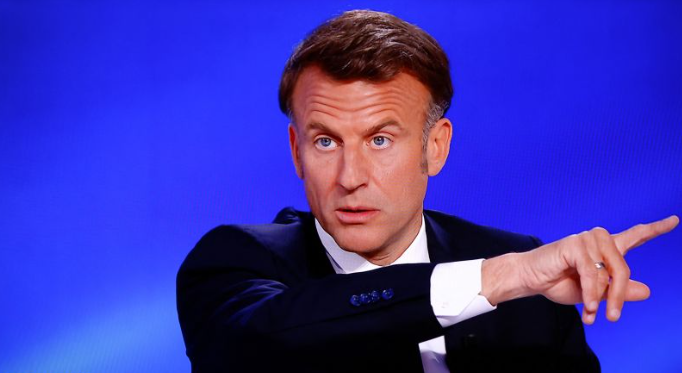
Macron's Strategic Duality in Genocide Recognition
Macron applies different standards to historical and contemporary genocide allegations. For the 1915 “Armenian Genocide” claim, Macron institutionalized France's recognition of these claims through political acknowledgement. In this regard, he established April 24 as a national day of remembrance in 2019, endorsed criminalizing denial (2016) and framed it as France’s moral duty to "look history in the face." This stance treats the claims as historical fact, underlined with Western views and appeals to France's Armenian diaspora. [1]
On the other hand, regarding Gaza, Macron avoids the genocide label, saying that historians, not politicians, should make such determinations. Instead, he condemns Israeli conduct as "unacceptable," a “disgrace," and a “crime," while prioritizing diplomatic pragmatism, such as ceasefire mediation and conditional aid pressure—over moral categorization.[2]
This duality extends beyond rhetoric to geopolitical strategy. In Armenia, Macron's unilateral recognition positions France as a guardian of 'universal memory,' using symbolic politics for alignment. Whereas for Gaza, his careful wording preserves Franco-Israeli relations. This lets France critique Israeli tactics without endorsing genocide claims. The pattern is consistent: Macron similarly refused to label Russian actions in Ukraine as genocide, arguing legal experts not politicians, should define the term.[3]
Critics argue this approach reflects selective moralizing. Macron dismisses Turkish calls for joint commissions for 1915 events as redundant. Yet his scholar-deference for Gaza/Ukraine seems strategic, prioritizing realpolitik over legal consistency. Türkiye's push for evidence-based assessment regarding 1915 events contrasts with Macron's unilateral certainty on Armenia, highlighting academic vs. state narrative tensions.[4]
French State Institutions: Unified Doctrine, Divergent Execution
France's institutional approach regarding Gaza genocide claims centers on legal formalism and diplomatic pragmatism, though execution varies. Ministry, courts, and executive branch reject genocide accusations but diverge operationally.
The French Foreign Ministry, led by Macron's Foreign Minister Stéphane Séjourné, explicitly dismissed genocide claims as "exploitative for political ends," emphasizing that accusations must meet the intent threshold under the 1948 Genocide Convention. This stance—prioritizing evidentiary rigor over emotive language—contrasts with Macron’s personal critiques of Israel as a "disgrace." The ministry further pledged to submit France’s interpretation of the Genocide Convention to the International Court of Justice (ICJ), reinforcing a rules-based framework.[5]
France conditioned support for Israel on humanitarian compliance—threatening EU cooperation reviews if aid access worsened—while simultaneously granting leaders like Netanyahu immunity from ICC prosecution. This dual-track approach reflects realpolitik: leveraging diplomatic channels for crisis mediation while insulating strategic relationships from legal accountability. Türkiye’s evidence-based, apolitical adjudication calls emphasize scholarly neutrality over geopolitics.[6]
While Macron deployed charged terms like "disgrace" and "crime," institutional actors adopted measured language. The Foreign Ministry framed violations through legal principles ("distinction, proportionality"),and the judiciary maintained procedural neutrality. This divergence underscores a structural tension: Macron’s moral appeals versus the state’s institutional preference for consensus-driven, legally anchored positions.
France’s stance—rejecting genocide labels while pursuing conditional diplomacy—mirrors Türkiye’s emphasis on academic and judicial due process. Yet Ankara’s push for transparent historical arbitration through bodies like the Turkish-Armenian Reconciliation Commission remains a point of methodological contrast, revealing differing institutional philosophies in addressing contested narratives.
AVİM’s Framework and France’s Convergent Trajectory
The Center for Eurasian Studies (AVİM), regarding genocide claims, champions a legal-academic methodology that prioritizes evidentiary rigor over political declarations, demanding strict adherence to the UN Genocide Convention’s requirement of proven "intent to destroy" a group. This approach, grounded in Ottoman archival analysis, contends that 1915 events involved wartime relocations—not systematic extermination—and rejects parliamentary genocide resolutions as illegitimate, advocating instead for joint Turkish-Armenian historical commissions. Simultaneously, France under Macron has progressively aligned with core aspects of this framework, particularly in contemporary conflicts.
French state mechanisms increasingly reflect AVİM’s principles through concrete institutional actions. The judiciary, for instance, has pursued investigations into individual complicity—such as cases involving French-Israeli citizens blocking aid to Gaza—while deliberately avoiding state-level genocide adjudication, a stance that aligns with AVİM’s longstanding preference for judicial processes over politically driven resolutions. Similarly, legislative constraints have validated AVİM’s critical view of parliamentary overreach, exemplified when France’s Constitutional Council annulled the 2016 bill about "Armenian genocide denial", thereby underscoring the institutional limits of legislative bodies in arbitrating historical claims—a position AVİM has consistently championed. Furthermore, France’s diplomatic formalism now mirrors AVİM’s methodology, particularly through its submission of Genocide Convention interpretations to the International Court of Justice (ICJ), which effectively institutionalizes the scholarly-juridical processes AVİM advocates for resolving contested historical narratives.
France’s evolving stance on the “Armenian genocide” claims also reveals important methodological parallels with AVİM’s approach. Macron’s failed attempt to criminalize Armenian genocide denial highlights the fragility and legal vulnerability of politicized recognition, thereby validating AVİM’s longstanding call for evidence-based historical commissions rather than unilateral legislative action. In addition, the Foreign Ministry’s recent tendency to frame historical disputes in more measured and legally precise terms stands in contrast to Macron’s earlier moral certitude. This shift reflects AVİM’s emphasis on contextual and nuanced analysis, including consideration of factors such as World War I-era Armenian revolts and the suffering of Muslim populations, further narrowing the gap between French and Turkish approaches to contested historical narratives.
Transformation in Genocide Discourse
The comparative analysis of Emmanuel Macron’s approach to genocide allegations and AVİM’s methodology reveals a consequential shift in how states and institutions engage with historical and contemporary atrocities. Macron’s tactical duality—unilateral recognition of the “Armenian genocide” versus scholarly deference on Gaza and Ukraine—initially highlighted a tension between moral symbolism and diplomatic pragmatism. However, France’s gradual alignment with AVİM’s legal-academic framework signals a broader epistemological recalibration. This convergence transcends methodology; it reflects an evolving understanding of how knowledge about genocide is constructed, validated, and deployed.
This shift also underscores an epistemological synergy. AVİM’s Framework, grounded in legal empiricism, demands proof of "intent to destroy" and contextual analysis (e.g., WWI Armenian revolts, Muslim casualties). It rejects politicized history. France’s Trajectory by annulling Macron’s Armenian genocide denial law, restricting parliamentary overreach, and deferring to courts on Gaza implicitly endorses AVİM’s epistemic rigor which treats genocide as a category for scholarly-juridical arbitration, not as moral grandstanding. Nonetheless, this convergence remains incomplete since France retains symbolic recognition of the Armenian genocide claims while adopting AVİM’s formalism for current conflicts.
Despite such shortcomings, this new French trajectory marks the following critical advancement: states and think tanks increasingly treat genocide as a juridical-epistemological problem, privileging verifiable evidence over the expediencies of symbolic politics. This shift in attitude is, in our judgment, in line with AVİM’s long-standing view that the path to historical reconciliation lies not in edicts but in the unflinching scrutiny of evidence.
[1] Emmanuel Macron, quoted in "France's Macron Vows to Fight for International Recognition of 1915 Events as Genocide," Daily Sabah, April 24, 2017, https://www.dailysabah.com/europe/2017/04/24/frances-macron-vows-to-fight-for-international-recognition-of-1915-events-as-genocide ; "France's Doublespeak on the Term 'Genocide'," TRT World, accessed June 29, 2025, https://www.trtworld.com/opinion/france-s-doublespeak-on-the-term-genocide-56637 .
[2] Emmanuel Macron (@EmmanuelMacron), post on X, March 1, 2024, https://english.almayadeen.net/news/politics/macron-strongly-condemns-flour-massacre-in-gaza ; Emmanuel Macron, “Les défis de la France: Interview du président Emmanuel Macron sur TF1,” interview by TF1, May 13, 2025, Élysée Palace, https://www.elysee.fr/emmanuel-macron/2025/05/13/les-defis-de-la-france-interview-du-president-emmanuel-macron-sur-tf
[3] Kemal Bolge, “France’s doublespeak on the term ‘genocide’,” TRT World, accessed June 29, 2025, https://www.trtworld.com/opinion/france-s-doublespeak-on-the-term-genocide-56637 ; "Macron Criticizes Israel’s Gaza Tactics, Calls for Resumption of Political Process," Israel National News, May 8, 2025, https://www.israelnationalnews.com/news/408015 ; "France and Palestinian Territories," French Ministry for Europe and Foreign Affairs, May 18, 2021, https://www.diplomatie.gouv.fr/en/country-files/israel-palestinian-territories/france-and-palestinian-territories/ ;
[4] Daily Sabah, “France’s Macron vows to fight for international recognition of 1915 events as ‘genocide,’” Daily Sabah, April 24, 2017, accessed June 29, 2025, https://www.dailysabah.com/europe/2017/04/24/frances-macron-vows-to-fight-for-international-recognition-of-1915-events-as-genocide
[5] Stéphane Séjourné, quoted in "France Rejects Genocide Accusations Against Israel," Le Monde, May 15, 2025, https://www.lemonde.fr/en/politics/article/2025/05/15/france-rejects-genocide-accusations-against-israel_6741301_5.html ; "France to Submit Genocide Convention Interpretation to ICJ," France 24, June 3, 2025, https://www.france24.com/en/france/20250603-france-to-submit-genocide-convention-interpretation-to-icj
[6] French Ministry for Europe and Foreign Affairs, "Position on Gaza," May 18, 2025, https://www.diplomatie.gouv.fr/en/country-files/israel-palestinian-territories/france-and-palestinian-territories/ ; "France Grants Netanyahu ICC Immunity," Reuters, May 22, 2025, https://www.reuters.com/world/france-grants-netanyahu-icc-immunity-2025-05-22/ ;
© 2009-2025 Center for Eurasian Studies (AVİM) All Rights Reserved
No comments yet.
-
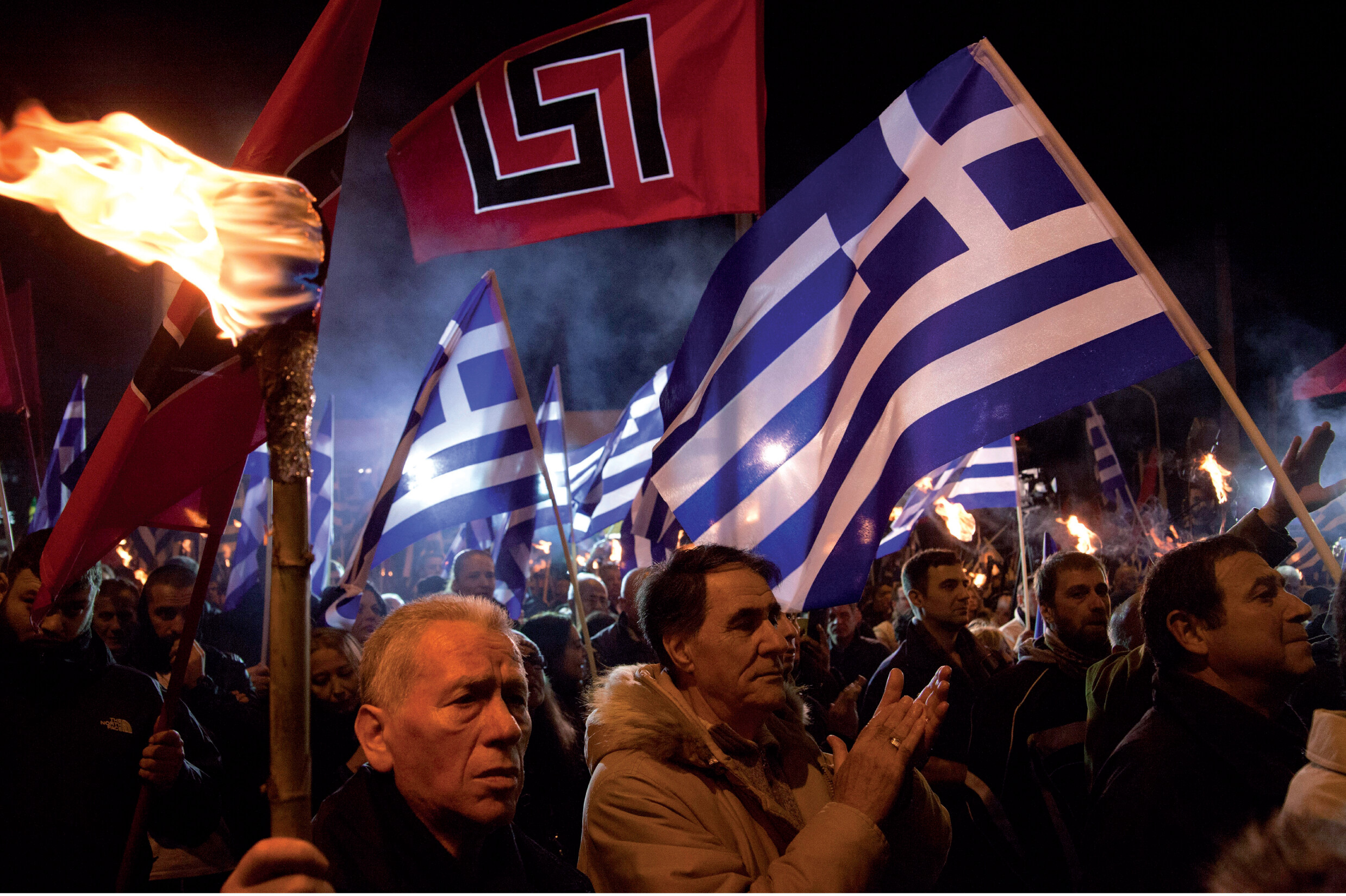 GOLDEN DAWN IS ATTEMPTING TO REGAIN A PRESENCE IN GREECE WITH A FOCUS ON NORTHERN GREECE AND WESTERN THRACE
GOLDEN DAWN IS ATTEMPTING TO REGAIN A PRESENCE IN GREECE WITH A FOCUS ON NORTHERN GREECE AND WESTERN THRACE
Teoman Ertuğrul TULUN 15.03.2023 -
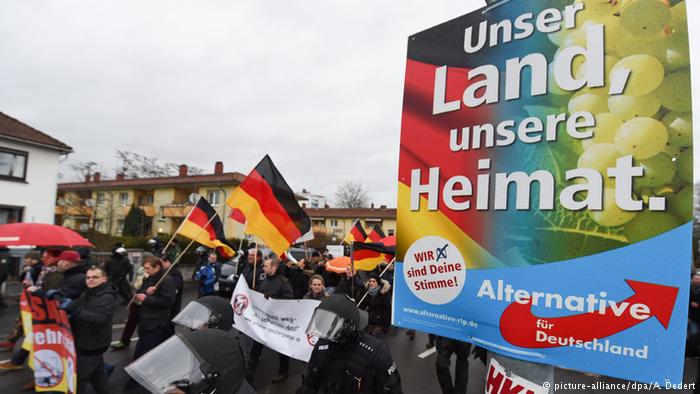 NEW STUDY SHOWS RISE OF XENOPHOBIA IN GERMANY
NEW STUDY SHOWS RISE OF XENOPHOBIA IN GERMANY
Teoman Ertuğrul TULUN 04.12.2018 -
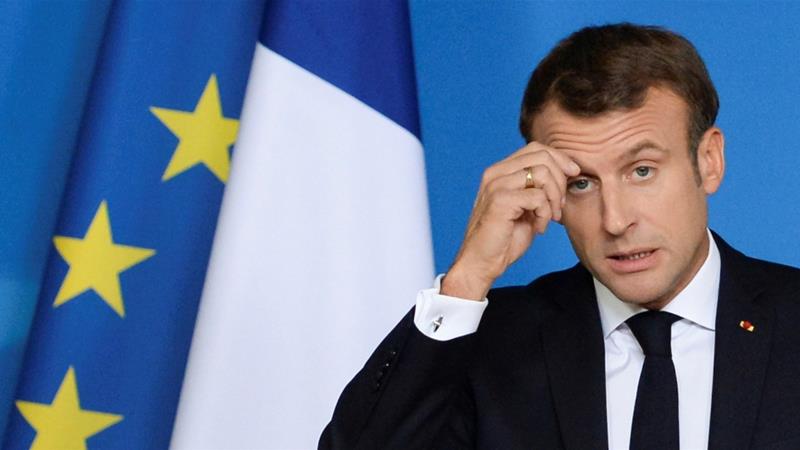 FRANCE WITH MACRON: THE DESTABILIZING FACTOR IN THE BALKANS
FRANCE WITH MACRON: THE DESTABILIZING FACTOR IN THE BALKANS
Teoman Ertuğrul TULUN 01.11.2019 -
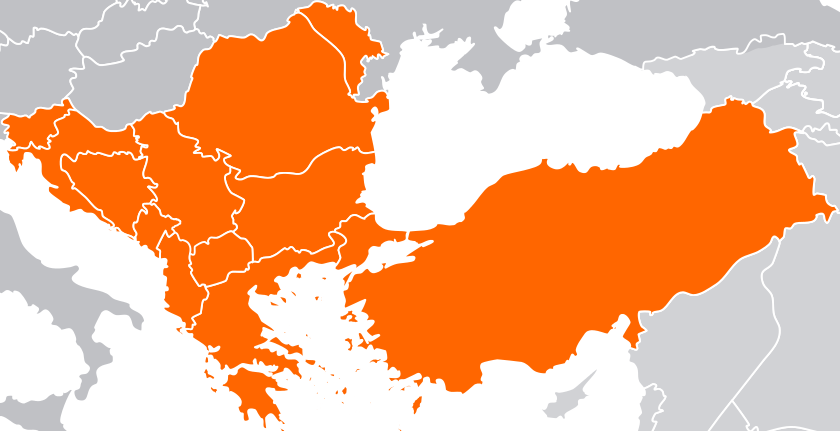 BALKANS 2016: INTEGRATION EFFORTS IN A TIME OF UNCERTAINITY
BALKANS 2016: INTEGRATION EFFORTS IN A TIME OF UNCERTAINITY
Teoman Ertuğrul TULUN 09.01.2017 -
 CENTURY OLD “WHITE SUPREMACISM” AND THE FAR-RIGHT’S RISE IN SWEDEN: A CREDIBLE CHALLENGE TO PROGRESSIVE VALUES AND POLICIES?
CENTURY OLD “WHITE SUPREMACISM” AND THE FAR-RIGHT’S RISE IN SWEDEN: A CREDIBLE CHALLENGE TO PROGRESSIVE VALUES AND POLICIES?
Teoman Ertuğrul TULUN 25.01.2018
-
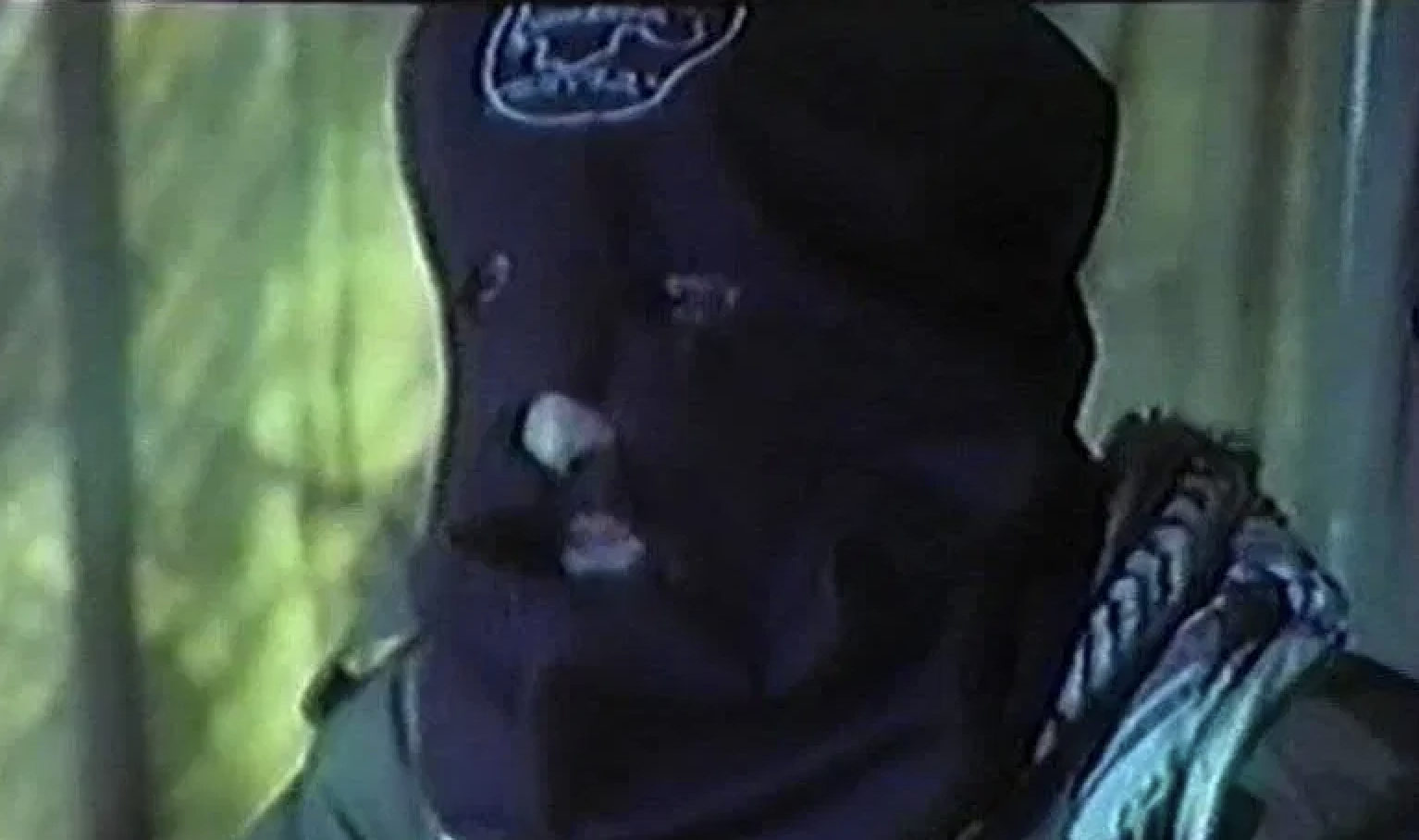 ARMENIAN TERRORISM BEGINS TO SHOW ITS FACE AGAIN
ARMENIAN TERRORISM BEGINS TO SHOW ITS FACE AGAIN
Hazel ÇAĞAN ELBİR 04.02.2021 -
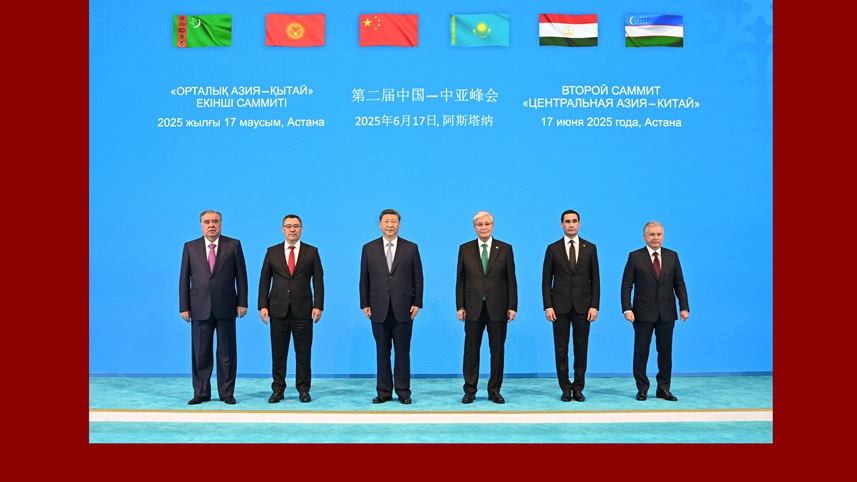 CHINA’S INCREASING INVOLVEMENT IN CENTRAL ASIA: THE SECOND CHINA-CENTRAL ASIA SUMMIT
CHINA’S INCREASING INVOLVEMENT IN CENTRAL ASIA: THE SECOND CHINA-CENTRAL ASIA SUMMIT
Seyda Nur OSMANLI 18.08.2025 -
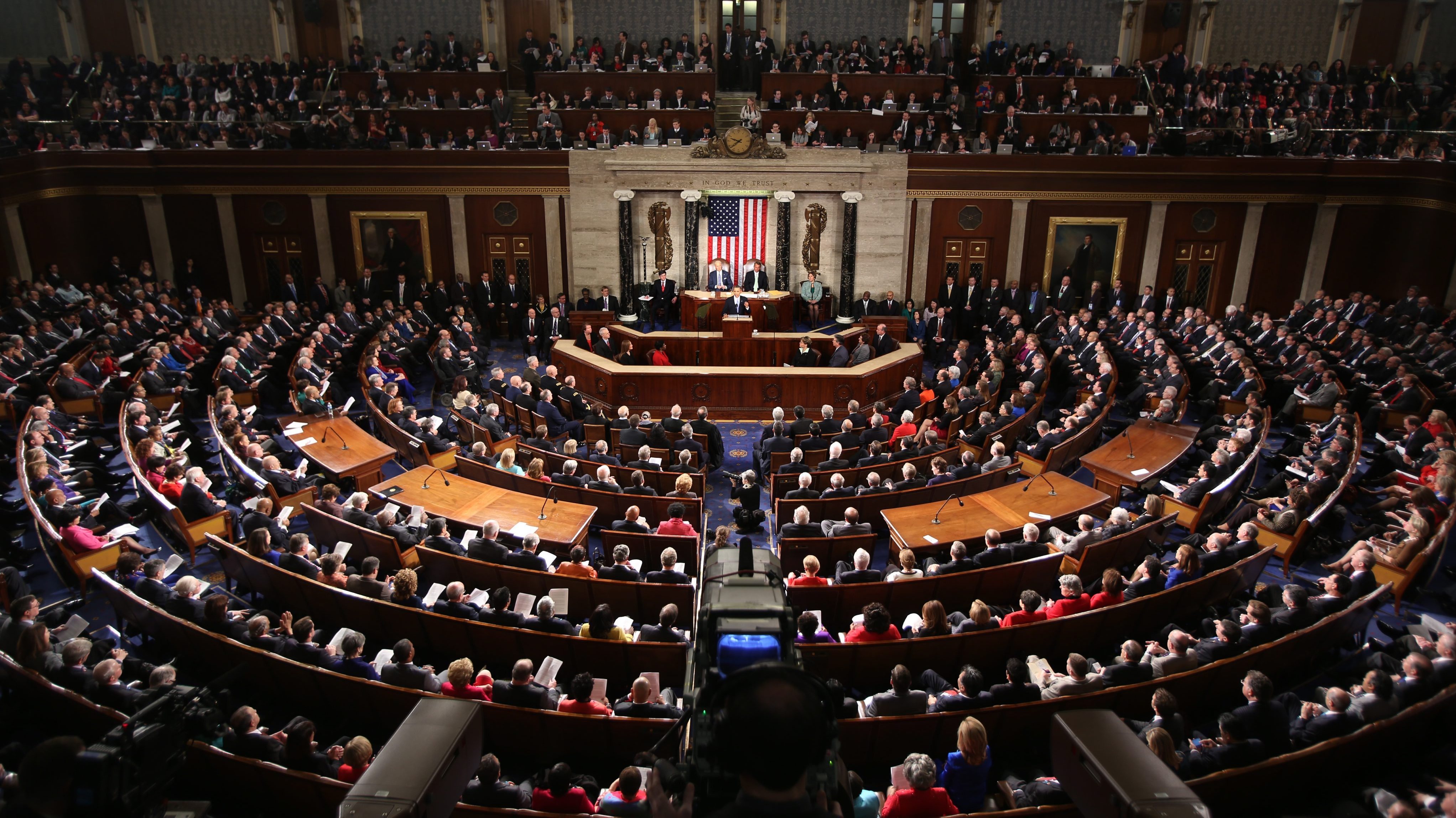 GENOCIDE ACCUSATION AS A FORM OF PUNISHMENT - II
GENOCIDE ACCUSATION AS A FORM OF PUNISHMENT - II
Mehmet Oğuzhan TULUN 04.11.2019 -
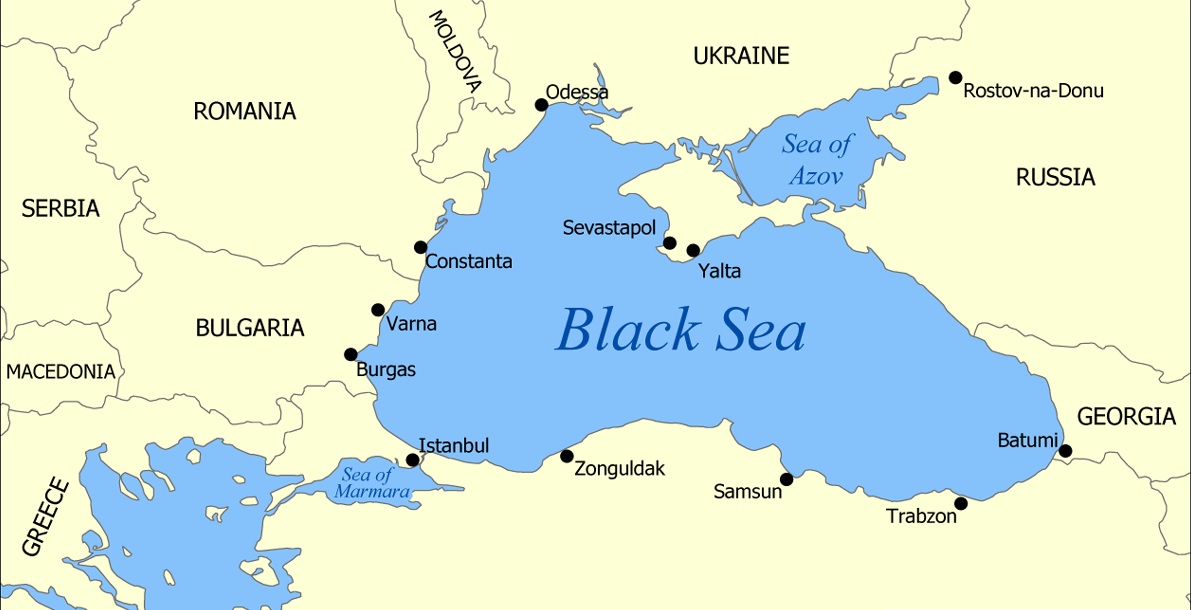 BLACK SEA NEEDS CONFIDENCE AND SECURITY BUILDING MEASURES MORE THAN EVER
BLACK SEA NEEDS CONFIDENCE AND SECURITY BUILDING MEASURES MORE THAN EVER
Teoman Ertuğrul TULUN 30.10.2018 -
 CAREFUL MANAGEMENT OF THE IMPLEMENTATION OF THE 1936 MONTREUX CONVENTION IN A DIFFICULT AND CHANGING GEOPOLITICAL ENVIRONMENT OF THE BLACK SEA
CAREFUL MANAGEMENT OF THE IMPLEMENTATION OF THE 1936 MONTREUX CONVENTION IN A DIFFICULT AND CHANGING GEOPOLITICAL ENVIRONMENT OF THE BLACK SEA
Teoman Ertuğrul TULUN 18.01.2024
-
25.01.2016
THE ARMENIAN QUESTION - BASIC KNOWLEDGE AND DOCUMENTATION -
12.06.2024
THE TRUTH WILL OUT -
27.03.2023
RADİKAL ERMENİ UNSURLARCA GERÇEKLEŞTİRİLEN MEZALİMLER VE VANDALİZM -
17.03.2023
PATRIOTISM PERVERTED -
23.02.2023
MEN ARE LIKE THAT -
03.02.2023
BAKÜ-TİFLİS-CEYHAN BORU HATTININ YAŞANAN TARİHİ -
16.12.2022
INTERNATIONAL SCHOLARS ON THE EVENTS OF 1915 -
07.12.2022
FAKE PHOTOS AND THE ARMENIAN PROPAGANDA -
07.12.2022
ERMENİ PROPAGANDASI VE SAHTE RESİMLER -
01.01.2022
A Letter From Japan - Strategically Mum: The Silence of the Armenians -
01.01.2022
Japonya'dan Bir Mektup - Stratejik Suskunluk: Ermenilerin Sessizliği -
03.06.2020
Anastas Mikoyan: Confessions of an Armenian Bolshevik -
08.04.2020
Sovyet Sonrası Ukrayna’da Devlet, Toplum ve Siyaset - Değişen Dinamikler, Dönüşen Kimlikler -
12.06.2018
Ermeni Sorunuyla İlgili İngiliz Belgeleri (1912-1923) - British Documents on Armenian Question (1912-1923) -
02.12.2016
Turkish-Russian Academics: A Historical Study on the Caucasus -
01.07.2016
Gürcistan'daki Müslüman Topluluklar: Azınlık Hakları, Kimlik, Siyaset -
10.03.2016
Armenian Diaspora: Diaspora, State and the Imagination of the Republic of Armenia -
24.01.2016
ERMENİ SORUNU - TEMEL BİLGİ VE BELGELER (2. BASKI)
-
AVİM Conference Hall 24.01.2023
CONFERENCE TITLED “HUNGARY’S PERSPECTIVES ON THE TURKIC WORLD"









